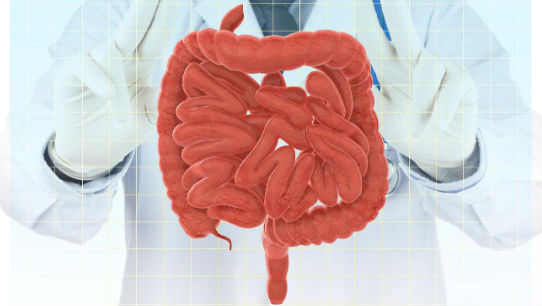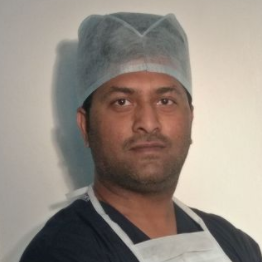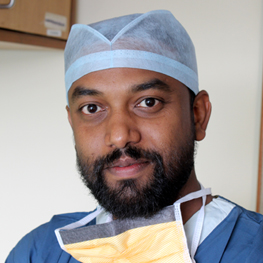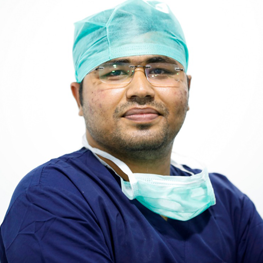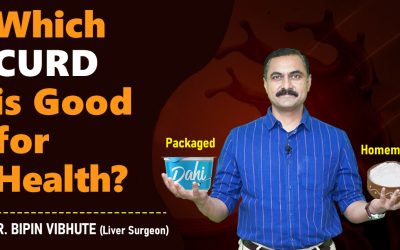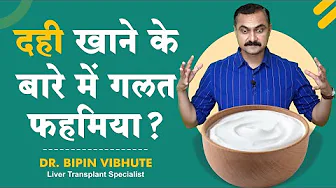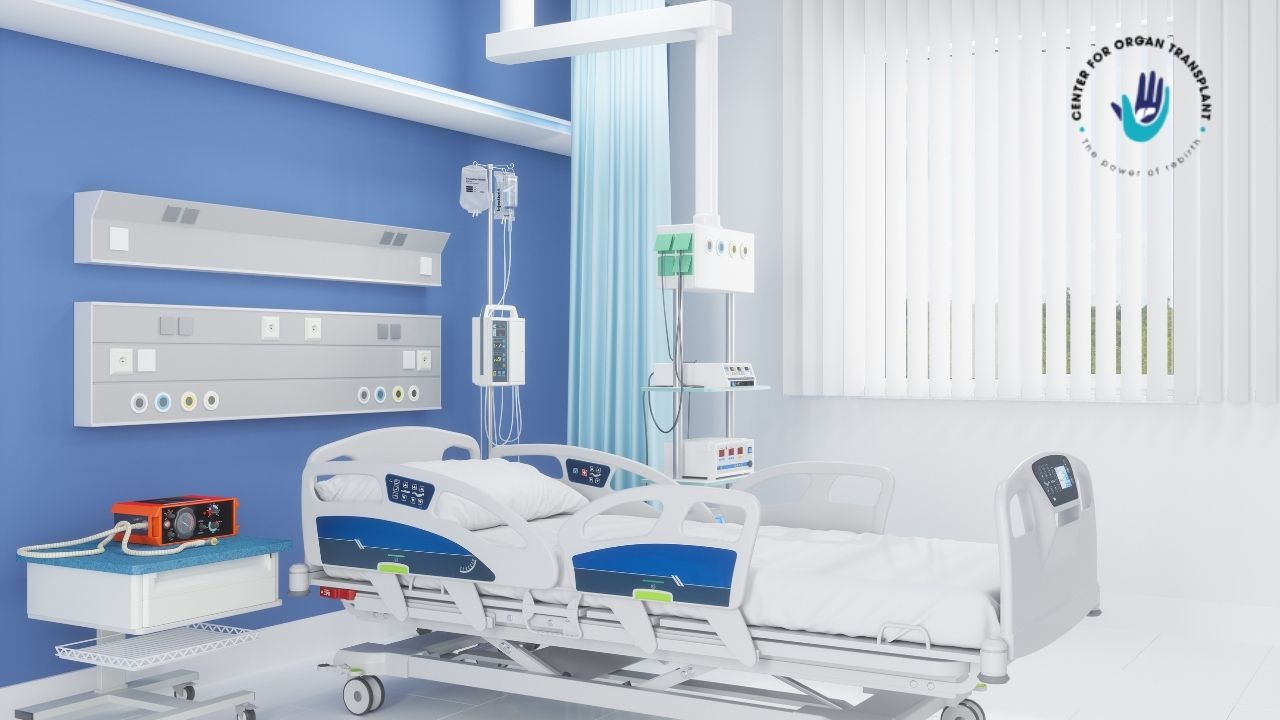Intestinal Transplant
If an individual is planning for a short distance travel by bike or car or train, he must consult his doctor and do as advised.
Things to keep in mind for short or long distance travel:
1. Consult your doctor before traveling: Individuals with liver disorders may be more susceptible to travel-related illnesses and should consult a health care professional at least 6-8 weeks before departure.
2. Things travellers should carry: Traveller’s should bring a basic first-aid kit with them that is specific to their destination. Insect repellents, medications, and oral rehydration solutions to treat traveller’s gastrointestinal symptoms, alcohol gel to clean hands when no hand washing facilities are available, condoms, and basic wound dressings/antiseptics items that may be included.
3. Carry your supplies of food:
People with certain liver diseases may be prescribed a restricted diet, such as one that is high in protein, low in salt, low in fat, or sugar-free. These diets might be tough to stick to when traveling; having a stock of appropriate snacks on hand can assist.
For Long duration National / International Travels:
2. Travel health insurance: Traveller’s should obtain comprehensive travel health insurance and disclose any pre-existing medical issues; an additional premium payment may be necessary.
1. Research Advanced medical facilities: Medical facilities in larger hospitals with specialized staff are frequently required to treat liver disorders. Travellers should research the health facilities available at their destination before their trip in case of illness.
Vaccination: Hepatitis A and B vaccinations are especially important for travellers with chronic (long-term) liver diseases. Infection with these viruses can result in significant consequences.
Malaria: It can cause serious consequences in traveller’s who have certain liver diseases. Some antimalarial medications are not recommended for poor liver function; professional advice may be required.
Pre-travel preparation
Individuals with liver conditions who intend to travel should be encouraged to thoroughly research their destination and discuss the suitability of their proposed trip with a healthcare professional, ideally before booking.
Ensure to carry all medications
Fitness Certificate: Traveller’s with liver disease may experience consequences that impact their ability to fly, such as hepatic encephalopathy or a proclivity for bleeding. For a patient with jaundice (yellow skin and eyes), a doctor's fitness to fly certificate may be required to board a flight, indicating that they are not infectious to other passengers.
Travel concerns:
Due to the prolonged immobility associated with travel, some passengers are at a higher risk of venous thromboembolism. Travellers, people with active cancer, and recently undergoing surgery are all at higher risk.
Avoid the following: Freshwater fishing, kayaking, rafting, and swimming are all activities that can expose you to Leptospira, a bacteria that can cause liver inflammation. Traveller’s with pre-existing liver illnesses are at a higher risk.
Vaccination:
Routine vaccines should be up to date for travellers with liver illness. Live vaccinations, such as yellow fever, MMR, BCG, and oral typhoid, are contraindicated (cannot be given) in immunocompromised people (those with a weakened immune system), such as those who have had a liver transplant or who are on steroids for autoimmune hepatitis.
Hepatitis A
All patients with severe liver disease should be immunized against hepatitis A, regardless of the reason. Immunization works well for patients with mild liver disease, with response rates equivalent to healthy people.
00:00 Intro
00:46 Precautions during travelling after transplant
03:00 Things to carry during travelling
04:00 What to eat during travelling
05:30 Common issues and its solutions
09:00 Summary
You can watch our previous video: https://youtu.be/T__SUWrjRkc
The language used in this video is #Hindi.
#liver #liverhealth #TravelTips #livercare #DrBipinVibhute #liverhealth #healthylifestyle #healthyliver #liverdisease #nutrition #healthyfood #drbipinvibhute #livertransplant #posttransplant #organtransplant #livertransplantsurgery #
Visit website: https://thelivertransplant.com/
About Dr.Bipin Vibhute and this channel:
______________________________________
Dr. Bipin Vibhute is the program director of the Center for Organ Transplants, Sahyadri Hospitals ( Pune, Nashik & Karad ). He is famous for his outstanding surgical skills, great patient rapport, down-to-earth nature, and infectious smile.
Through this channel, we are bringing a lot of information related to the liver, its various diseases, and some important information. So, stay updated, subscribe, like, and share our channel.
Thanks!
The language used in this video is #Hindi.
Previous Video on SUPERFOOD for Better Liver Health: https://youtu.be/YAWqZxK0zgc
Visit website: https://thelivertransplant.com/
Don't forget to subscribe to our channel: https://www.youtube.com/channel/UCp_m...
You can follow me on other platforms: Dr.Bipin Vibhute: https://www.facebook.com/livertranspl...
Dr.Bipin Vibhute: https://www.instagram.com/drbipeenvib...
About Dr.Bipin Vibhute and this channel: ______________________________________
Dr. Bipin Vibhute is the program director of the Center for Organ Transplants, Sahyadri Hospitals ( Pune, Nashik & Karad ). He is famous for his outstanding surgical skills, great patient rapport, down-to-earth nature, and infectious smile.
Through this channel, we are bringing a lot of information related to the liver, its various diseases, and some important information. So, stay updated, subscribe, like, and share our channel.
Was this video helpful for you?
[WPAC_LIKE_SYSTEM]
Video By
Was this video helpful for you?
[WPAC_LIKE_SYSTEM]
Reviews All Reviews
“I was diagnosed with Liver Cirrhosis in March 2016 in Sangali City. I was absolutely shocked, as I never expected this to happen to that and me to this soon. We met Dr. Bipin B Vibhute and he answered all our queries and questions with absolute patience that we understood I need a transplant.”
“A broken marriage followed by self-pity made me a drunker. Excessive consumption of alcohol was the reason due to which my liver got damaged. The damage was so severe that a liver transplant was the only option if I wanted to live. I have been extremely fortunate to get three chances in life. I have been…”
Doctors Meet Our Team





